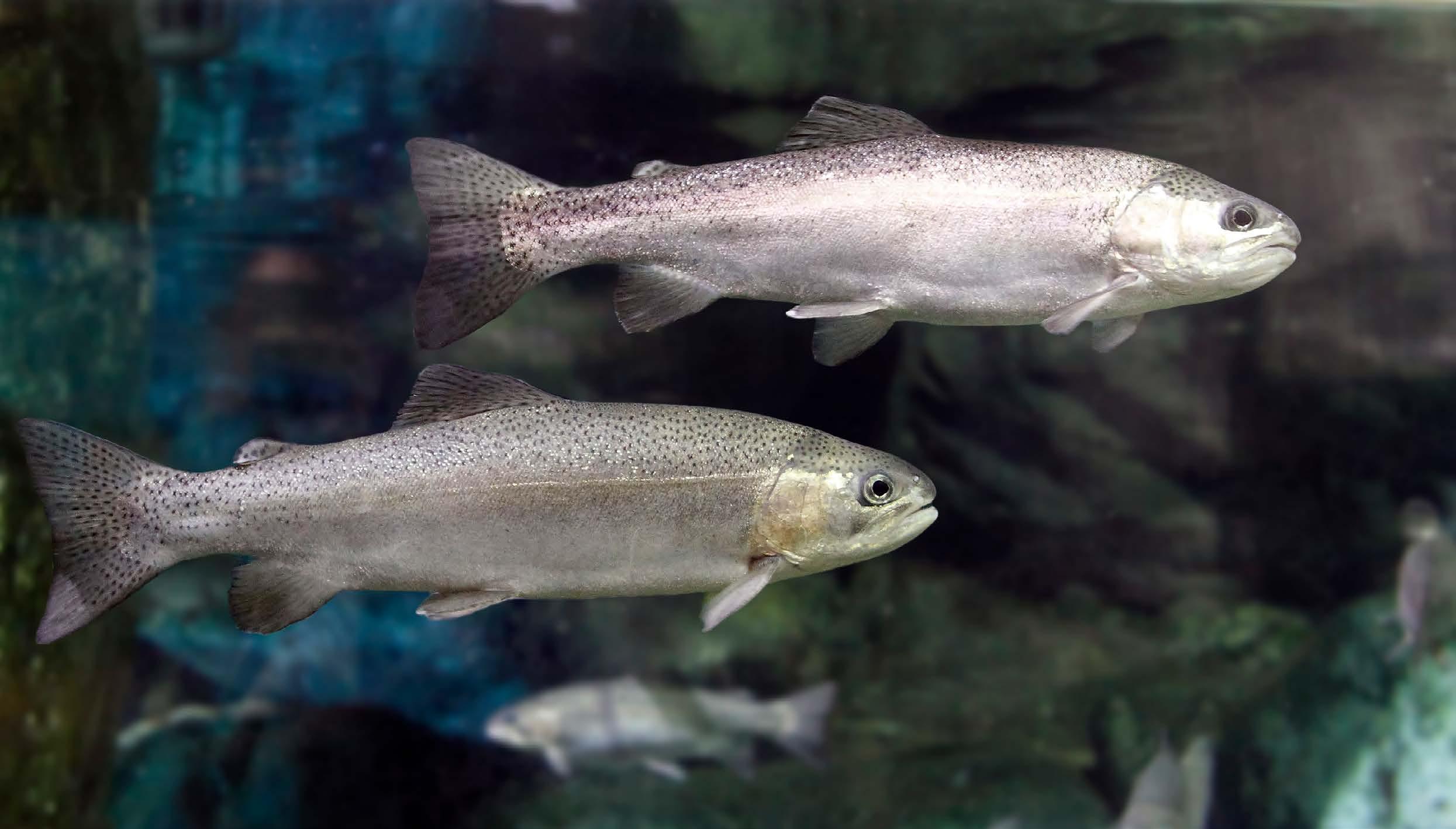INTERNATIONAL SYMPOSIUM ON TRANSBOUNDARY AND COLLABORATIVE WATER GOVERNANCE
12th and 13th September 2024
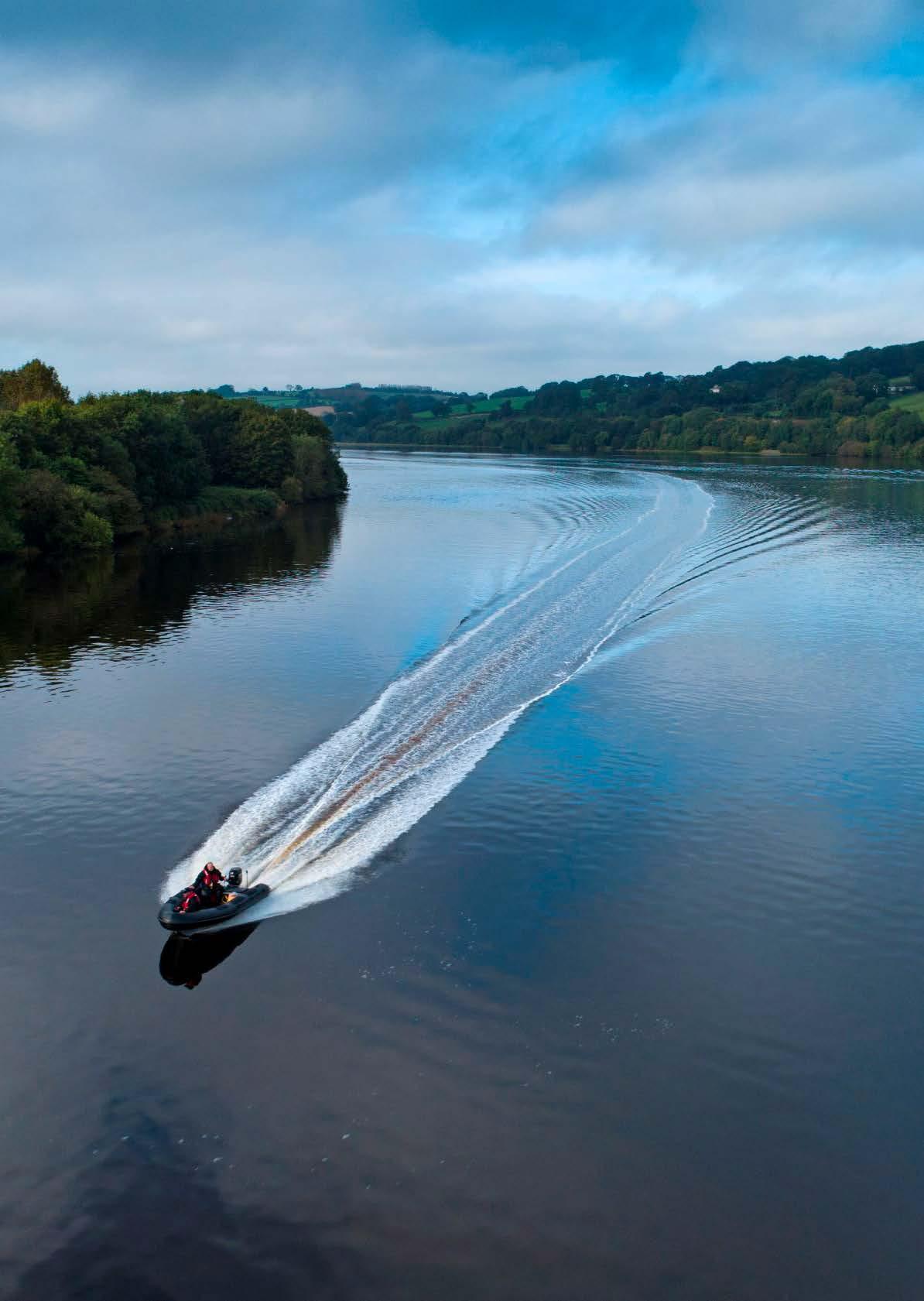
Everglades Hotel, Derry~Londonderry
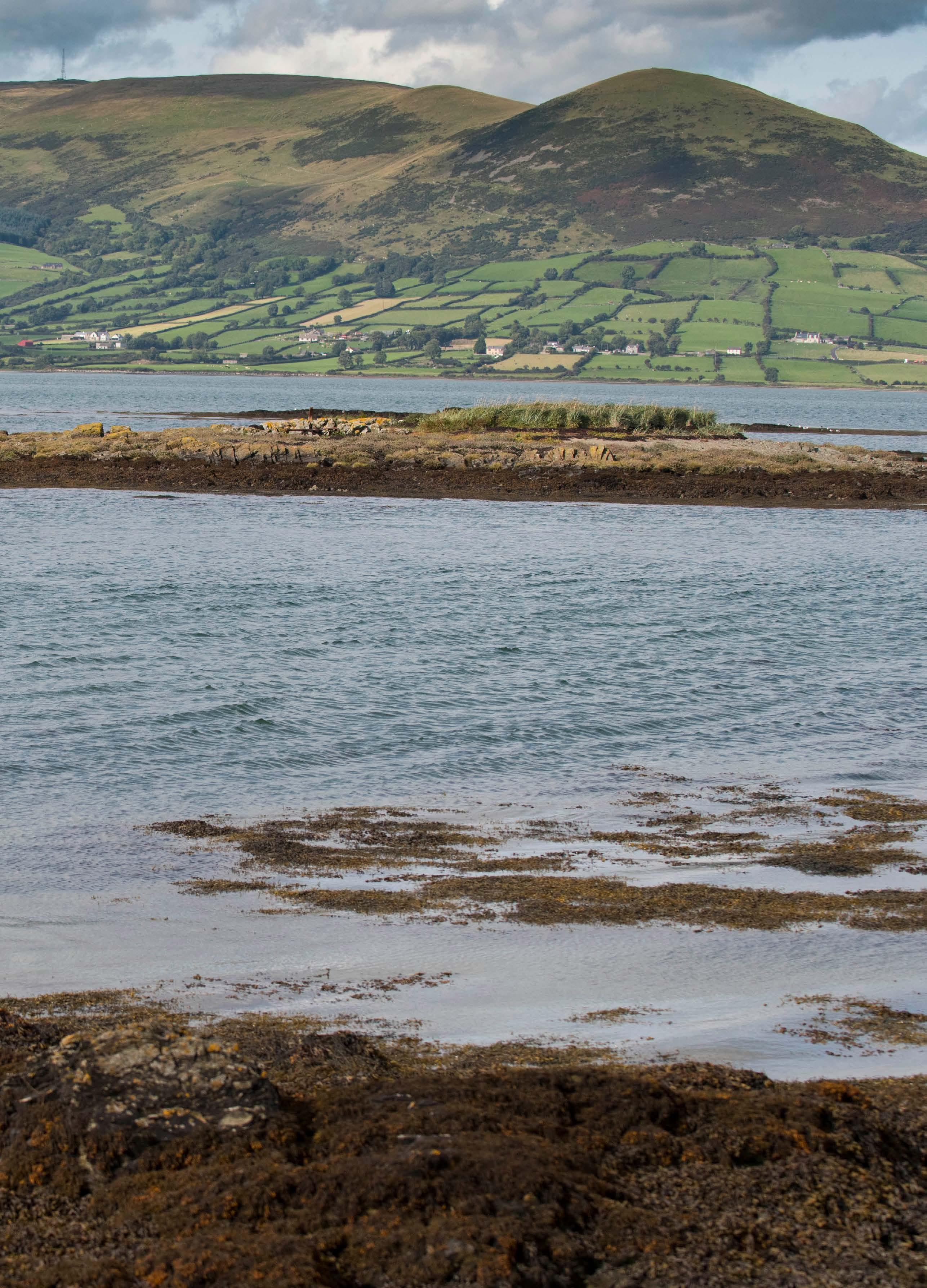

12th and 13th September 2024

Everglades Hotel, Derry~Londonderry

A gathering of global expertise focusing on transboundary and cross-border co-operation and governance for protection of water, aquatic and marine systems.
Hosted by Loughs Agency, one of the longest-established cross-border environmental management and protection agencies in Europe.
Loughs Agency will host an International Symposium on Transboundary Water Management, which is set to take place on Thursday, 12th and Friday, 13th September 2024, at the Everglades Hotel, DerryLondonderry.
This prestigious gathering brings together leading experts, policymakers, researchers, practitioners, and stakeholders from around the globe to address one of the most pressing environmental and geopolitical challenges of our time: the management of transboundary water resources. As we navigate an era marked by increasing biodiversity loss, water scarcity, climate change, and population growth, the need for cooperative, sustainable, and equitable water management across borders has never been more critical.
Transboundary water bodies, which include the Foyle and Carlingford, as well as 286 river basins and numerous aquifers spanning international borders worldwide, are vital sources of freshwater for millions of people. However, their shared nature often leads to complex governance issues, as different countries may have conflicting interests, policies, and levels of dependence on these waters. Effective management of these resources is essential not only for ensuring water security but also for fostering environmental sustainability and maintaining ecosystem services.
This symposium provides a unique platform for dialogue and collaboration, featuring a diverse array of presentations and panel
discussions. Our agenda covers a broad spectrum of topics, from innovative management frameworks and legal instruments to the role of technology in enhancing water and species monitoring, and data sharing. We will also delve into case studies that highlight both successful cooperative initiatives and persistent challenges, offering valuable lessons and insights.

Moreover, the symposium hopes to serve as a collaborative platform for new ideas, knowledge sharing, networking, and partnership building. By bringing together varied perspectives and expertise, we aim to foster synergies that can lead to more resilient and adaptive transboundary water management strategies. We encourage participants to engage actively, share their experiences, and explore opportunities for cross-border cooperation that can drive progress towards improved water quality, better-protected and managed ecosystems, and the mitigation of conflicts through collaborative governance.
Through this symposium, let us embrace the spirit of collaboration and shared responsibility. Loughs Agency believes that, together, we can pave the way towards a future where transboundary waters are managed not as sources of division but as catalysts for shared ecosystem services and sustainable development.

Prof. Francesco Sindico is a Professor in International Environmental Law at the University of Strathclyde Law School in Glasgow. He is also the Co-Chair of the IUCN World Commission on Environmental Law (WCEL) Climate Change Law Specialist Group. Francesco is also the Founder and a Director of the social enterprise Climate Change Litigation Initiative. From a transboundary perspective, Francesco has worked extensively on the management of transboundary aquifers in Latin America (especially on the Guarani Aquifer System), Central America and Southern Africa. He was also Counsel for the Plurinational State of Bolivia before the International Court of Justice (ICJ) in the Dispute over the Status and Use of the Waters of the Silala (Chile v. Bolivia). Francesco is currently leading the submission of the IUCN WCEL to the ICJ Advisory Opinion on the Obligations of States in respect of Climate Change.
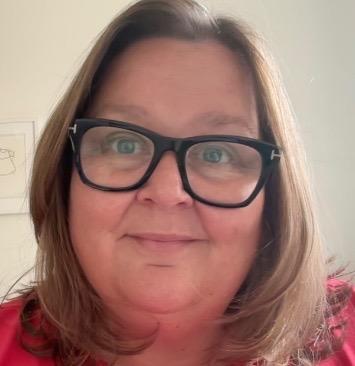

Prof. Maureen Hume is Professor of Latin American Politics and Head of Politics and International Relations at the University of Glasgow. Her research focuses on issues of violence in postconflict contexts in Latin America. She has worked extensively on issues of gender and violence in Central America, and she spent several years as a development worker in El Salvador. Mo currently works in collaboration with a multi-disciplinary team of researchers, Colombian social leaders, and communities to explore the struggles for socio-environmental rights along the Atrato River in Colombia. The Atrato is one of the world’s top ten biodiversity hotspots and was recognised as a legal subject by the Colombian Constitutional Court in 2017.


Dr Martín Guillermo Ramirez holds a Bachelor of Medicine and Surgery, a Masters in Humanitarian Medicine, and is an expert with more than three decades of experience in international cooperation and relations, with a particular focus on cross-border co-operation. He worked in youth organisations (1989-1995) and then in the Regional Government of Extremadura (Spain) in the areas of co-operation for development, international relations, and health and welfare policies (1995-2006). Since 2006, he has been the Secretary General of the Association of European Border Regions (AEBR/ARFE/AGEG), one of the oldest associations of regions in Europe (founded in 1971). AEBR represents the interest of European border and cross-border regions towards EU institutions, national authorities, and other bodies, promotes capacity building, strategic development and public policies to overcome cross-border obstacles; while also fostering relationships with cross-border processes in other continents to exchange experiences and best practices.

Ciarán Ó Cuinn is Centre Director of MEDRC, an international organisation established as part of the Middle East Peace Process and mandated to use transboundary environmental issues such as water, energy and climate change in support of a multilateral peace process.
For a decade he worked on the Irish Peace Process as ministerial policy adviser at Ireland’s Ministry of Foreign Affairs, Ministry of Justice and Ministry of Communications, Energy & Natural Resources.

Caitriona Mullan is a cross-border co-operation and governance specialist working across the EU. She is a Senior Expert with the European Commission DG REGIO (structural funds), currently advising on health programming in Central and Eastern Europe. She is an external expert with the Council of Europe’s Centre of Expertise in Multilevel Governance, with recent missions supporting decentralisation processes in Armenia and Finland. Caitriona also advises the Association of European Border Regions on the EU-funded b-Solutions initiative, addressing obstacles to European cohesion and integration across EU internal and EFTA borders. She has authored a range of publications with NESC, CCBS, ICLRD, the European Commission, and AEBR. She is a Senior Research Associate with the Centre for Cross Border Studies and the International Centre for Local and Regional Development and provides strategic advisory support to a number of North-South co-operation initiatives, including Loughs Agency and the Astronomical Observatories of Ireland.

Dr Robert Lennox is the Scientific Director of the Ocean Tracking Network (OTN), headquartered at Dalhousie University. Robert’s work has largely focused on fundamental and applied ecological questions with an objective of informing animal conservation. Robert has published more than 120 peer-reviewed papers and his passions are mostly aligned with understanding where, when, and why animals move and how this behaviour is changing in a world full of anthropogenic stressors. At OTN, Robert aims to enhance the value of animal tracking data in policy and the conservation of aquatic habitats and species.

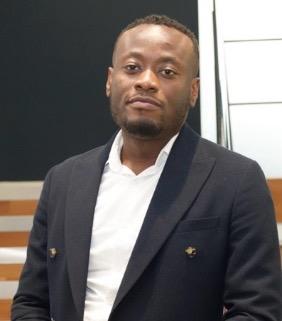
Dr Joseph Kofi Ansong is a Visiting Scholar at the Department of Geography and Planning, University of Liverpool, and a Senior Consultant at Howell Marine Consulting. His career has focused on critically examining the challenges and opportunities for transboundary marine planning and management, as well as its technical development. His work has brought together scientists, policymakers, regulators, and industry to find solutions that deliver a sustainable blue economy, nature-based approaches, ocean multiuse options, and effective transboundary marine governance.

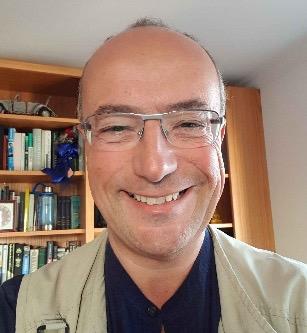
Prof. Joao Ferreira is the Chief Scientific Officer of Longline Environment Ltd., a UK/Ireland aquaculture technology company, and professor at the New University of Lisbon, Portugal. He coordinated the modelling component of 15 EU projects, published 75 SCI papers, and co-edited the book ‘Goods and Services of Marine Bivalves’. He developed the EcoWin and FARM models, used worldwide, and coordinated the SMILE, EASE, and SWELL carrying capacity projects in transboundary systems on the island of Ireland.

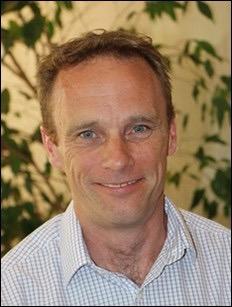
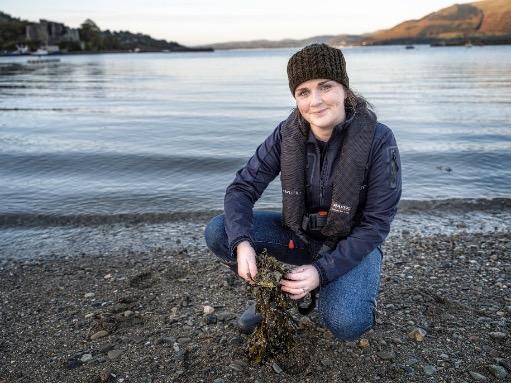
Dr Steve Wilkinson is Director of Ecosystem Evidence and Advice with the JNCC. He has over twenty years’ experience in maximising the value and use of data, and other evidence sources, to support efficient decision-making regarding natural resource management. Steve provides strategic advice to the JNCC and leads internal governance groups. He specifically oversees and directs JNCC’s UK-funded, non-marine work by maintaining an overview of strategies and priorities across the four UK countries and identifying opportunities for cross-border working.
Dr Sarah McLean is Head of Science at Loughs Agency. She is responsible for leading all of the Agency’s scientific delivery in order to provide robust evidence-bases to inform environmental management and policy decisions in the Foyle and Carlingford catchments. Sarah joined Loughs Agency in 2011, first as the Senior Aquaculture and Shellfisheries Officer, then as the Senior Scientist, and was appointed Head of Science in 2021. Sarah is a graduate of Queen’s University Belfast, where she completed both her undergraduate Honours Degree in Zoology and her PhD in invasive species management in relation to fisheries. Her research interests are in invasive species, applied fisheries science, and aquatic habitat restoration.
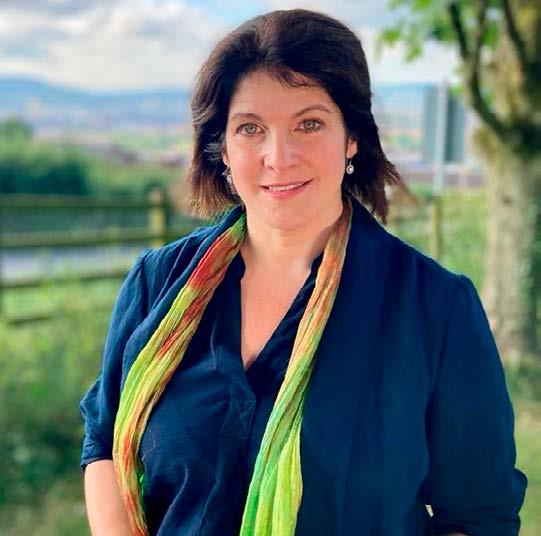
Louise Cullen is BBC News NI’s Agriculture & Environment Correspondent. Her role covers everything from conservation, farming and innovation, to water quality, research and the ESG agenda. Her career started more than 20 years ago with Reuters, following her graduation from Queen’s University Belfast in Law & Accounting. After launching BBC Radio Ulster’s News in the West service for Fermanagh and Tyrone, she became the first district journalist for County Tyrone before returning to Broadcasting House in Belfast in 2013. There, her roles have included forwardplanning, newsreading and being the health reporter during the COVID pandemic. Since becoming the Agriculture and Environment Correspondent, she has immersed herself in a world of climate challenges, opportunities and solutions. Outside work, Louise is a keen reader and puzzler, qualified Zumba instructor, occasional baker and closet poet.
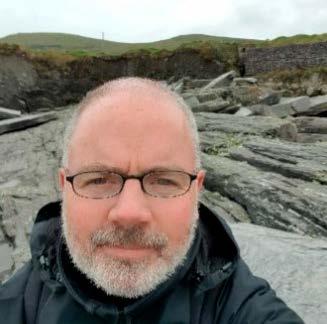
Ronan Boyle is Director of Navigation, Maritime & Consenting at Commissioners of Irish Lights. His remit is to advance the strategic goals set out in Safe Seas - Connected Coasts Irish Lights Strategy 2018 - 2024 and beyond. Ronan is a former Lieutenenat Commander with the Irish Naval Service, and while ashore he specialised in communications and IT including the introduction of a new maritime surveillance capability for the Navy. He also held a Divisional Management role with the RNLI. Ronan holds a BSc (Hons) in Information Technology from DCU and a MSc in Technology Management from UCC. In addition, he holds an MA in Leadership, Management & Defence Studies from NUIM.
Prof. Frances Lucy – Atlantic Technological University
Kevin Whitney – Irish Coastguard
Dr Alistair Carson – Chief Scientific Advisor for DAERA
Ciarán McGonigle – Loughs Agency
Mark Horton – Rivers Trust
Prof. Ken Whelan – Atlantic Salmon Trust
DAY 1: Thursday, 12th September, 2024
Master of Ceremonies: Louise Cullen, Journalist and BBC Agriculture & Environment Correspondent Venue: Everglades Hotel
8.45am – 9.30am REGISTRATION
9.30am – 9.45am Welcome Address from Deputy Mayor Darren Guy of Derry City & Strabane
9.45am – 10.00am Opening Remarks – Sharon McMahon, CEO of Loughs Agency
10.00am – 10.30am Ministerial address
10.30am – 10.45am BREAK
Moderator: Caitriona Mullan
Cross-Border Co-operation & Governance Specialist
This session will:
• Explore the relevance and importance of water governance models that are transboundary and designed to take account of natural environmental catchments.
• Discuss the significance of participative governance models as an approach for building trust within and between communities whose role is crucial as custodians of water resources.
• Place the issue of collaborative and transboundary governance in the context of European and Global policy priorities for sustainable development and international cohesion.
• Highlight transboundary working models of best practice from the island of Ireland which deliver essential services across our shared water resources.
• Discuss the opportunities for transboundary working to provide urgent solutions to our climate crisis and duty of care to shared environmental assets.
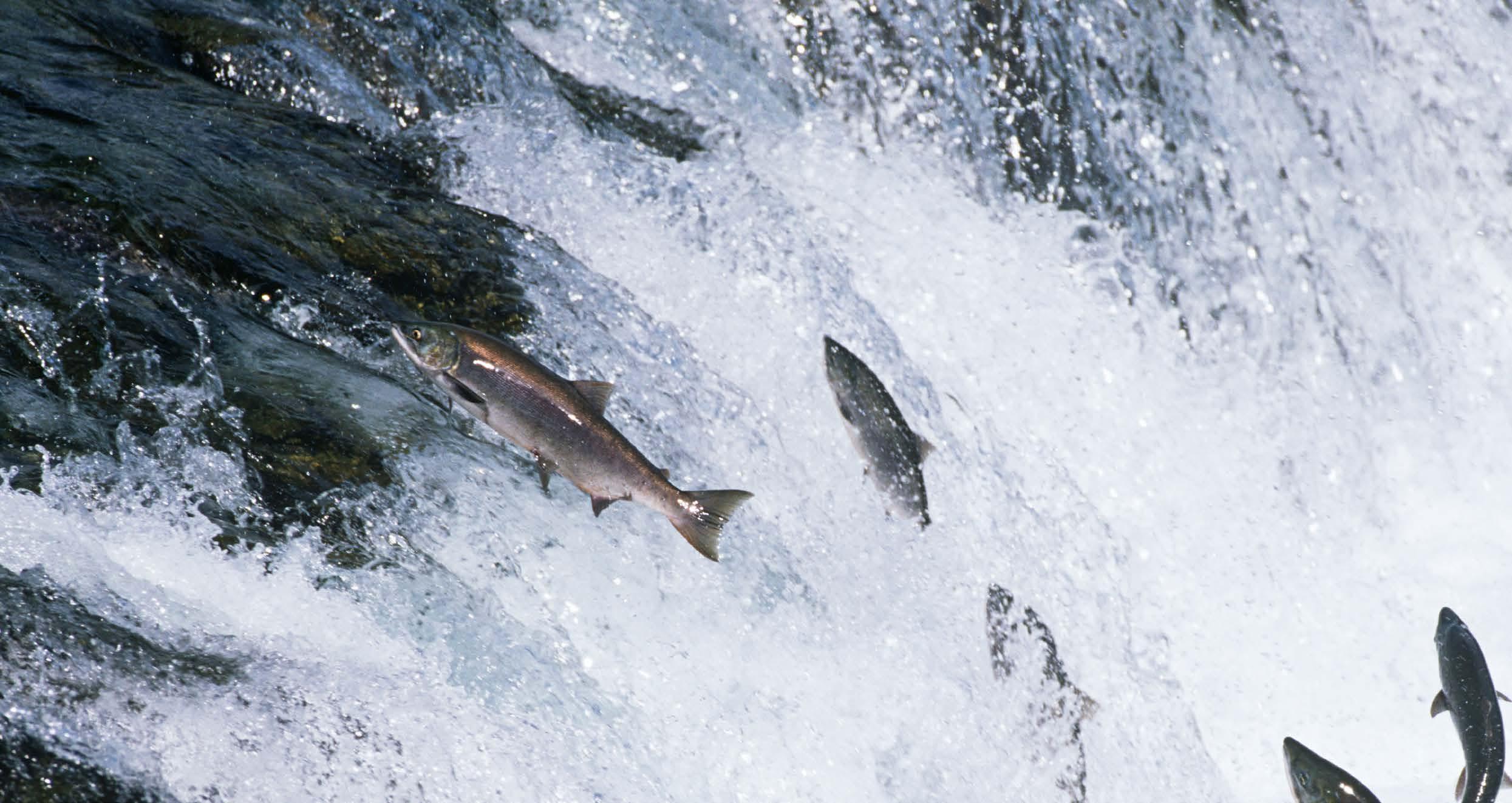
10.45am – 12.15pm
The role of transboundary collaboration and participatory water governance as vehicles for global sustainability, stability and peacemaking.
Speakers:
Professor Francesco Sindico, University of Strathclyde
Professor Maureen Hume, University of Glasgow
Ciarán O Cuinn, Director, MEDRC
Dr Martín Guillermo-Ramirez, Secretary General, Association of European Border Regions
Presentations, Q & A with Panel
12.15pm – 1.15pm
Governance in Practice: Best practice from the island of Ireland and transboundary co-operation for safety on our shared Loughs – Foyle, Carlingford, the island.
Presentations and Panel Discussion
Speakers:
Ronan Boyle -Director of Navigation, Maritime & Consenting at Commissioners of Irish Light
Kevin Whitney - Head of Operations Section, Irish Coast Guard
1.15pm – 2pm LUNCH
Moderated by Dr Sarah McLean
This session will:
• Outline how effective management of our aquatic systems requires us to balance multiple, and sometimes conflicting, pressures and objectives from many sectors.
• Reflect on how an Ecosystem-Based Approach contributes to addressing the cumulative impacts of environmental stressors by employing integrated systems management methodologies that recognise ecosystems do not end at jurisdictional boundaries.
• Demonstrate the need for a high degree of collaboration at the transboundary scale to ensure continuity of protection and management across aquatic ecosystems.
• Consider the need for collaboration in managing our aquatic environment in response to the threats of climate change and the biodiversity crisis.
• Explore the importance of Marine Spatial Planning and Integrated Catchment Management for informing how we can sustainably utilise our aquatic ecosystems for anthropogenic purposes.
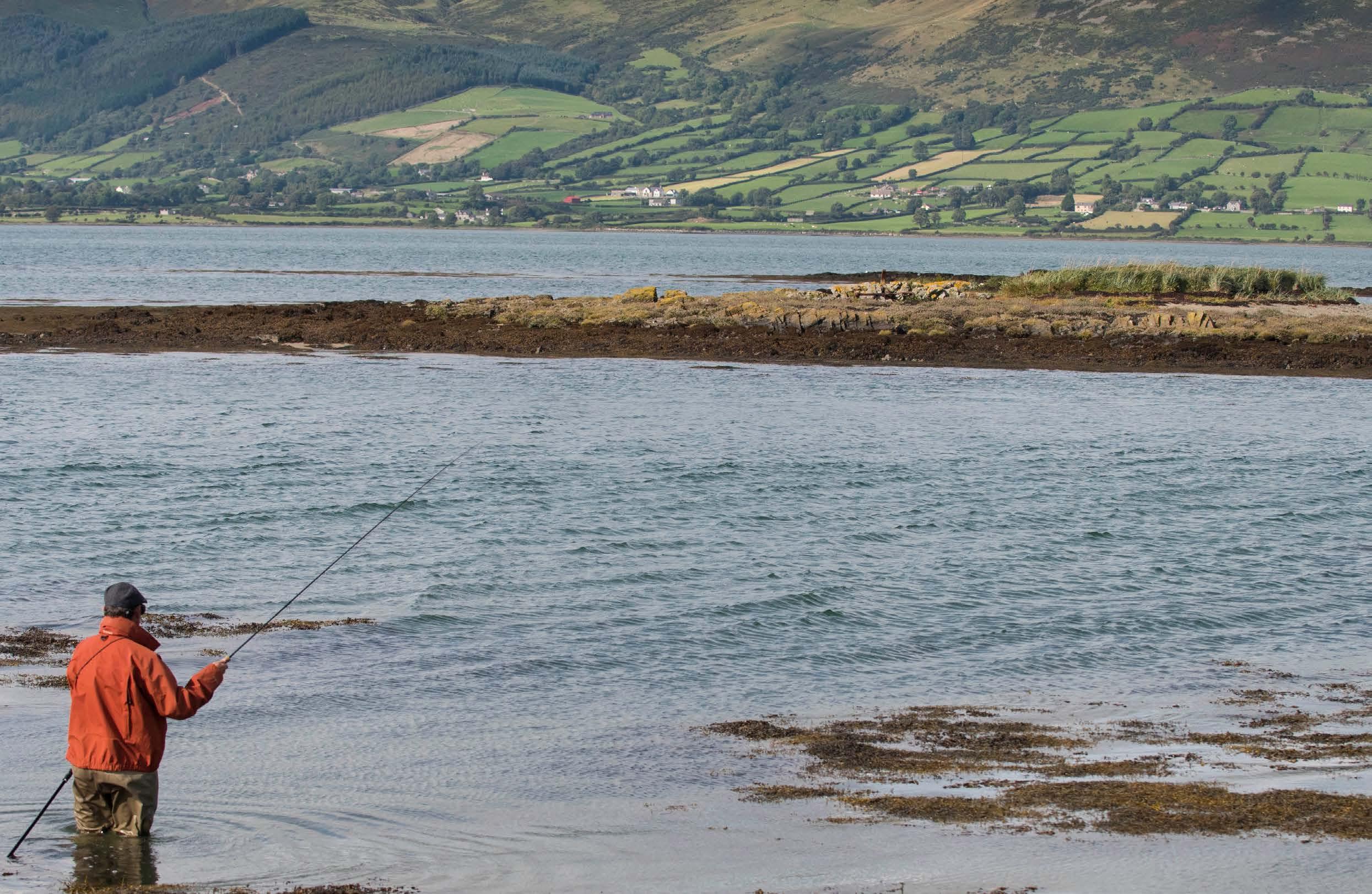
2pm – 4pm
2:00pm - Dr Steve Wilkinson, JNCC
2.30pm - Dr Kofi Ansong – Cross-border marine spatial planning
3pm - Panel discussion
4pm – 4.15pm Day 1 Closing Remarks – Louise Cullen
6.30pm - 11pm
Drinks Reception and Dinner – Everglades Hotel
Dress Code: Smart casual

DAY 2: Friday, 13th September, 2024
Moderator: TBC
This session will:
• Explore innovative ecosystem modelling techniques for tracking the pathways of nutrients and contaminants from wastewater, industrial, or agricultural sources to determine their impact on the marine environment.
• Discuss the benefits of transboundary ecological modelling as an evidence-based decisionmaking tool for legislative compliance and planning.
• Outline new technologically innovative approaches for collecting real-time data to inform conservation and protection policy for migratory and highly mobile species.
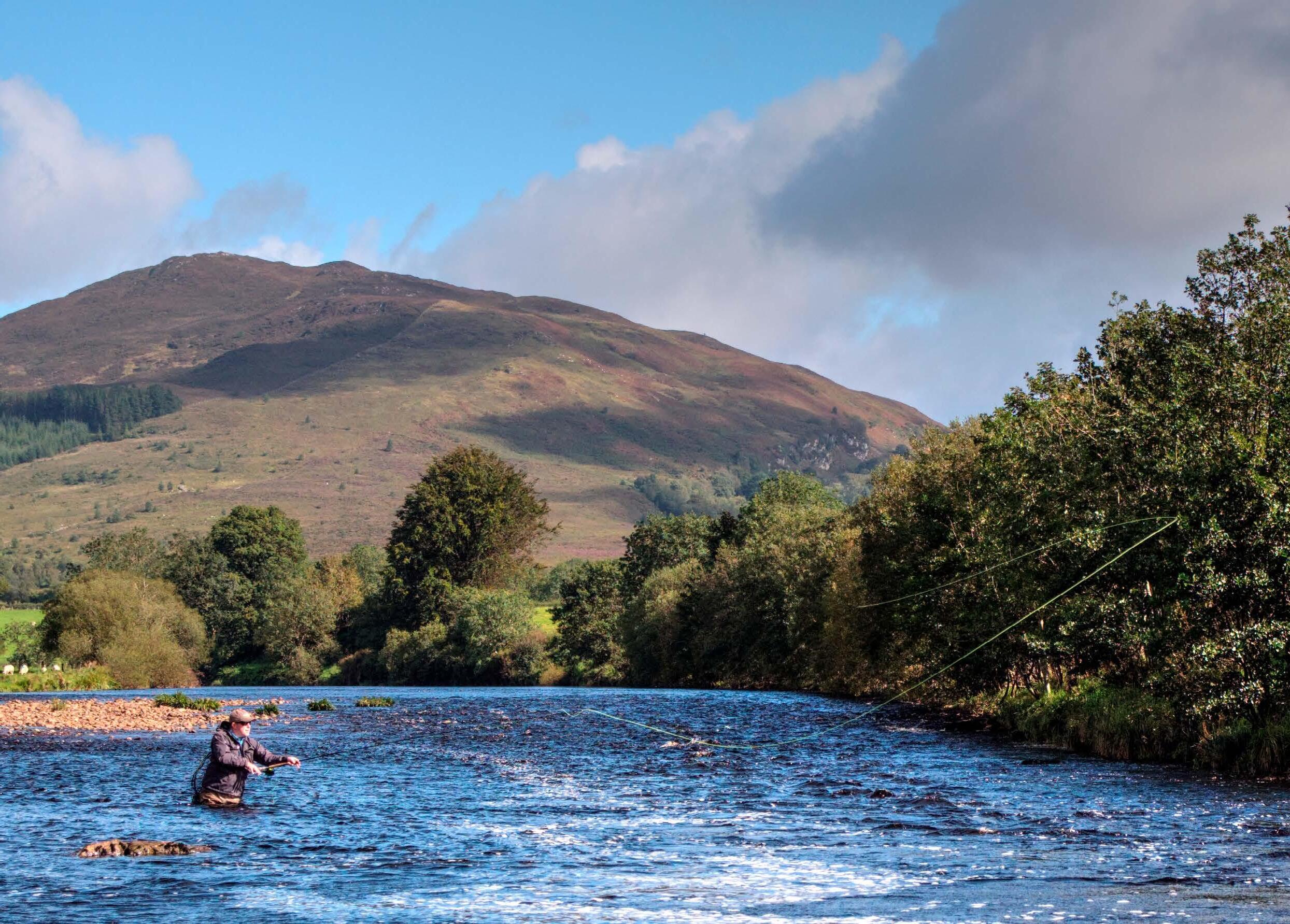
• Explore the use of multidisciplinary remote sensing technology to inform the management of key threatened and declining species and habitats in transboundary aquatic systems.
• Discuss the need for cohesive, evidence-based approaches to habitat restoration and management.
• Explore opportunities for collaboration and co-operation within civic networks and through cross-border community project programming.
9.00am – 9.30am REGISTRATION
9.30am – 9.45am
9.45am – 10.15am
Welcome and Opening Remarks – Sharon McMahon, CEO of Loughs Agency
10.15am – 10.45am
Ecological modelling - Integration of urban drainage, river, coastal and ecology models on cross-border catchments.
Prof. Joao Ferreira
10.45am – 11.15am
Transboundary and international collaboration on marine species acoustic tracking across multijurisdictional marine ecosystems. Dr Rob Lennox
Panel session - Speakers Mark Horton, Ciarán McGonigle and Prof. Ken Whelan
Moderated by Dr Sarah McLean
11.15am – 11.45am BREAK & NETWORKING OPPORTUNITY
11.45am – 12.30pm
Breakout Session Group 1: Cross-Border Transboundary and Collaborative Water Governance
Breakout Session 2: Collaborative Working for Ecosystem Management
Breakout Session 3: Collaboration for Innovation - Delivering for Future Generations and the Next 25 Years
12.30pm – 1.30pm LUNCH & NETWORKING OPPORTUNITY
1.30pm – 2.00pm Breakout Feedback Session
2.00pm - 2.15pm Closing Speaker
